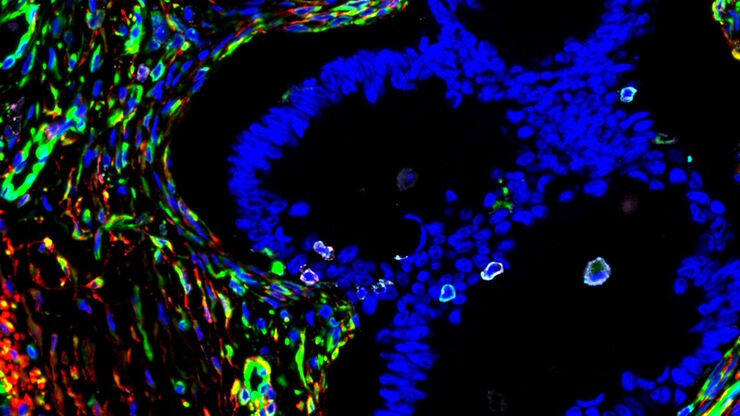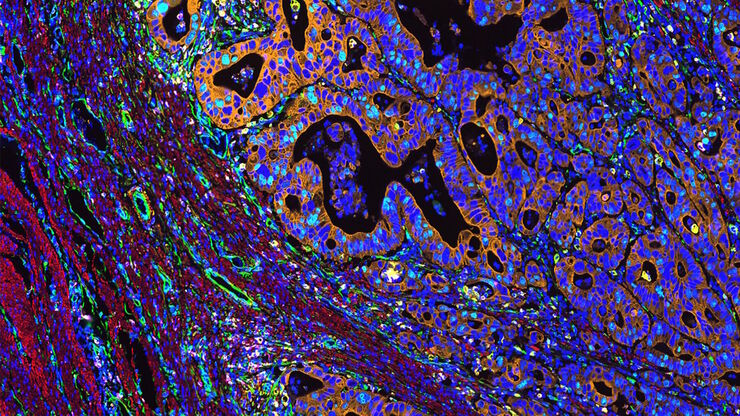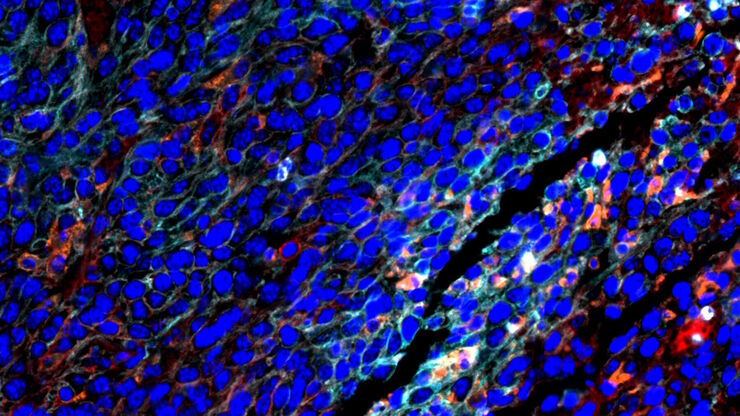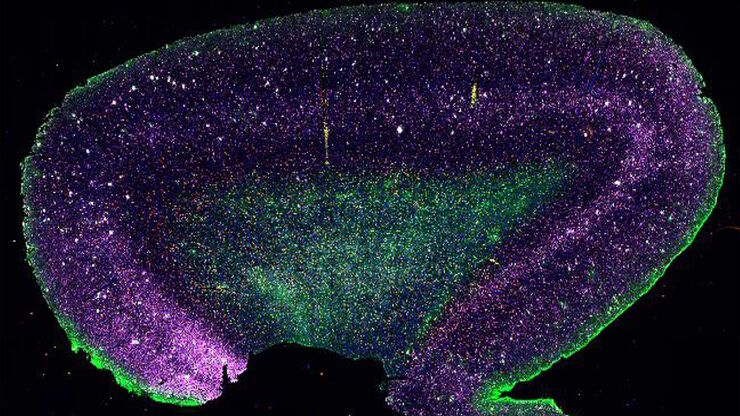Arindam Bose , Ph.D.

Arindam Bose, Ph.D., is the Lead Scientist for the Cell DIVE Multiplexed Imaging Solution at Leica Microsystems. He earned his doctoral degree in biological chemistry from the University of Connecticut and did postdoctoral study at the University of Pittsburgh before joining Harvard Medical School. Arindam is a cross-disciplinary trained scientist with extensive experience in translational cancer research integrating basic cancer research discovery with experimental therapeutics and clinical trials. Currently, he is spearheading the spatial proteomics research operation at Leica Microsystems and investigating how tissue dynamics vary within their specific and unique spatial context.



